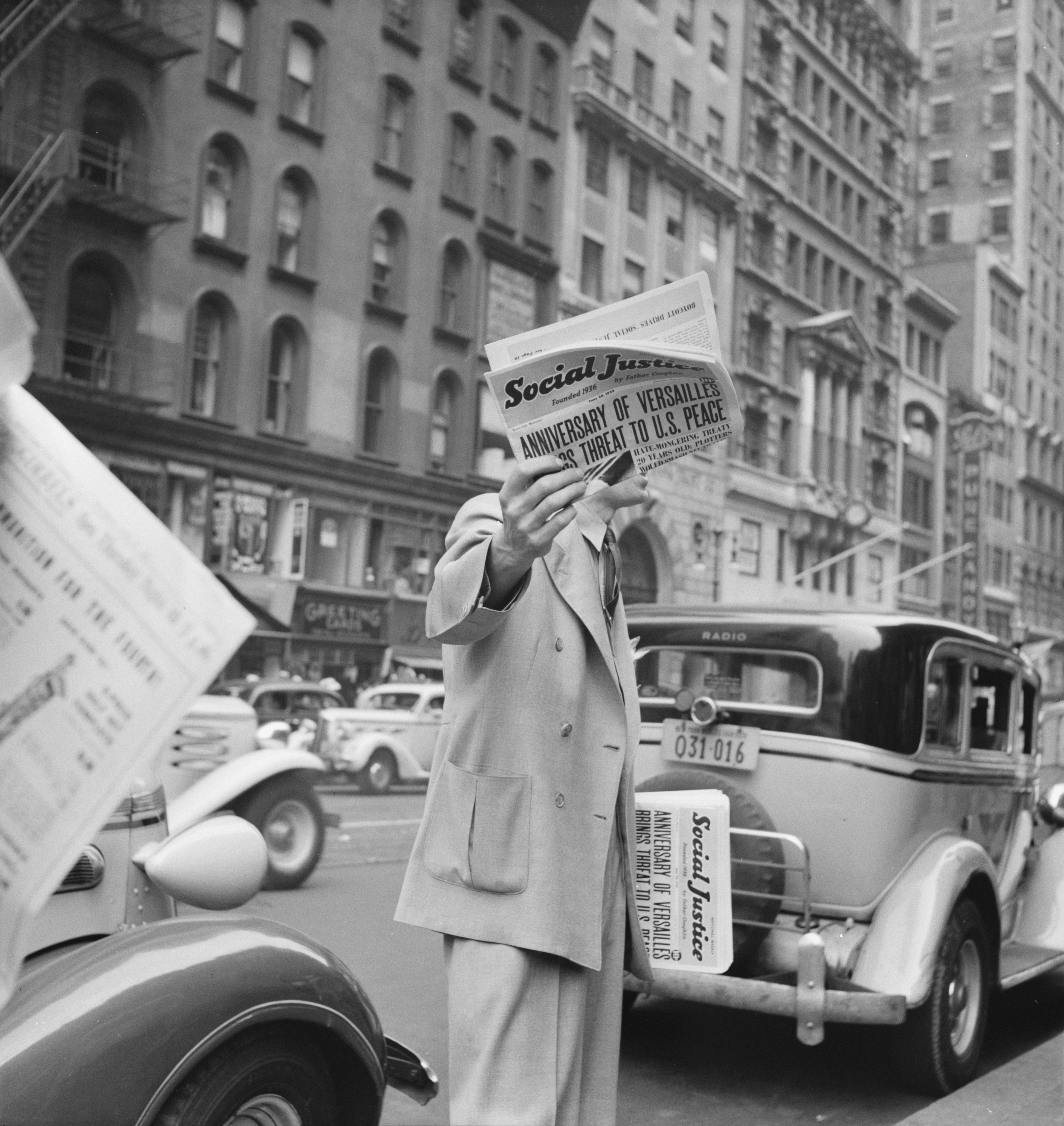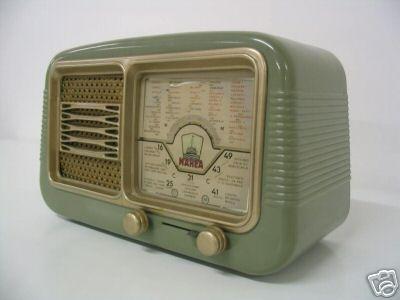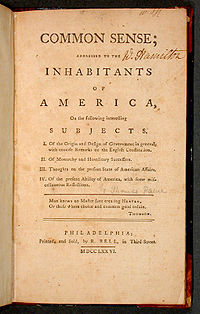 |
| Picture of Vietnam Jungle By U.S. Army Photograph (San Mateo Public Library [1]) [Public domain], via Wikimedia Commons http://commons.wikimedia.org/wiki/File:101junglevietnam1969.jpg Chapter 12:Vietnam War Bring the Battlefield into the American Living Room |
The war in Vietnam is a war that will remain one of the most talked about of all time. It was the first war to be shown on television. For the first time in television history Americans actually got to see what was really going on. As Rodger Streitmatter stated "Although those observers are widely divided on whether ending the war was right or wrong decision, they agree that television showed the raw horror of war in ways that print journalism could not. Violence, carnage and human suffering were depicted in withering reality" To me this quote is something that people today in 2011 may not fully understand. Back in the 1960's when this war was starting to be shown on television it was something that had never been seen before. In today's television we may see this stuff every day and not think twice about it but back in the 60's this was a huge deal. This was able to become a reality because of the journalists who went over to cover the war from a first hand account. A reason that I specifically wanted to talk about this was this I really enjoy history. History has always been something that I enjoy so that when I read this chapter it was easier for me to pick on. As I go on describing this chapter I think it is important that you are able to pick up how significant this war actually was.
Now that televisions are in place, people have a better understanding of what is actually taking place. The book talks about how in 1965 a cigarette lighter ignited a firestorm. A group of marines walking into a Vietnamese village. In the village these soldiers took out a cigarette lighter and started burning all the surrounding huts to the ground. Vietnamese peasants were shown running out of the huts before the burned to the ground. In total for the day there were 150 houses burned down, three women were wounded, they killed one baby and they caught four prisoners. There were very mixed emotions about this being shown on the television. Some people saw it as a chance to actually see the true side affects of war while others saw it as portraying American soldiers as "heartless killers". In my opinion I wouldn't have shown this footage. While this footage does help you to show what events are actually transpiring I think in the overall it was used as a device for people against war. I think that what happened here was truly horrible but you don't need to show people in American homes some of the most brutal footage they had.
Since the war is now being broadcast, American viewers start to voice their frustrations at what is actually going on over there. While this topic seems to come up rather frequently when talking about journalism, you could look at Occupy Wall Street to some extent to talk about protesting. When the Vietnam war was going on a large protest started to begin. These anti-war people were stunned and appalled by the brutality of war. Being that this was the first time a war was being shown, you could understand why there was such a large outcry. They showed civilians executing one another on the news which understandably shocked some people. These people anti-war movements did help to get the message across and ultimately it did send a message to some people to get these troops out of there. When you look at Occupy Wall Street which has turned into occupy everything due to the various movements that have been offshoots of it, you see how these protestors can get your attention. I do watch the news and follow CNN online to see what major events are going on but you didn't really hear much about the 99% versus the 1% until Occupy Wall Street really took off. Due to Occupy Wall Street you may start to see some changes that helps the citizens of this country.
Television is credited with helping to end the Vietnam War. Rodger Streitmatter helps to sum up why the war was ended through the help of television."Television images of Viet Cong penetrating the U.S. Embassy compound, with bodies of GIs lying in camera range, showed the American people that regardless of the politicians and military brass were saying the United States was not winning the war." This quote shows me how if we didn't have televisions coverage back then what really would've happened in the war. Would the death counts being skewed or would it be portrayed that we were indeed winning the war? Luckily with televisions being able to cover the war you actually can see the affects of war. I think it's tough to try and put into words with how television actually changed the coverage of war. I guess a minor comparison you could make would be how live events can be covered with Twitter. Twitter gives you the ability to instantly spread information across the world by simply posting one thing. The thing to take out of this book to me is how much journalism really does shape our world whether you know it or not.
 |
| Flamethrower in Vietnam By Pearson, CPL, Photographer; Post-Work by W.wolny [Public domain], via Wikimedia Commons http://commons.wikimedia.org/wiki/File:Flamethrower_in_Vietnam.jpg |
| Protestors of Vietnam War See page for author [Public domain], via Wikimedia Commons http://commons.wikimedia.org/w/index.php?title=File:Vietnam_War_protesters._1967_Wichita,_Kans_-_NARA_-_283626.tif&page=1 |
 |
| Fighting During the Vietnam War By US military [Public domain], via Wikimedia Commons http://commons.wikimedia.org/wiki/File:Awaiting_second_wave_of_combat_helicopters_during_Operation_Pershing.jpg |
 |
| Soldiers During The Vietnam War By Photo by SP4 Bryan Grigsby (Virtual Vietnam archive) [Public domain], via Wikimedia Commons http://commons.wikimedia.org/wiki/File:25thInfvietnam1968maskb.jpg |









